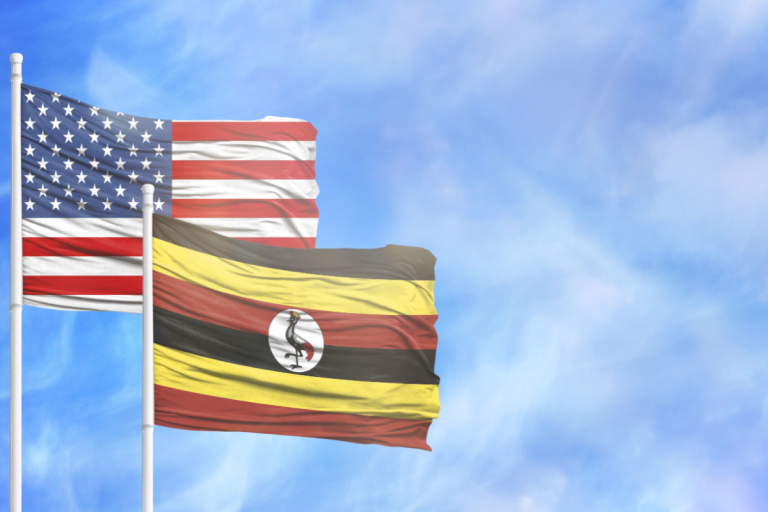Uganda has reached a temporary agreement with the United States to accept deportees from third countries who are denied asylum but refuse to return to their homelands, according to Uganda’s foreign ministry. The arrangement comes as Washington pursues mass deportations of undocumented migrants and rejected asylum seekers. Details of the deal, including financial terms and the number of individuals to be received, remain unclear.
Terms of the Agreement
Under the deal, Uganda will not accept individuals with criminal records or unaccompanied minors. Foreign ministry permanent secretary Bagiire Vincent Waiswa noted that Uganda prefers to take in deportees from other African nations. The two governments are still negotiating the operational framework for how transfers will take place. The agreement reflects Uganda’s willingness to act as a regional partner to the US, though the lack of clarity has already sparked questions.
Context of US Deportation Policy
The deal comes amid a series of controversial deportations carried out by the US in recent months. In July, five convicted migrants from Vietnam, Jamaica, Laos, Yemen, and Cuba were flown to Eswatini, where they remain in a high-security prison. Separately, eight men from various countries were sent to South Sudan via Djibouti, where they were reportedly held in harsh conditions. Over 250 Venezuelans were also repatriated earlier this year after being detained in El Salvador without due process. Rwanda has already agreed to take in 250 deportees from the US, promising training and support.
Uganda’s Track Record
Uganda, ruled for nearly four decades by President Yoweri Museveni, has a history of hosting refugees and deportees. Between 2015 and 2018, it accepted around 1,700 Sudanese and Eritrean asylum seekers from Israel. Today, Uganda shelters nearly 2 million refugees, primarily from neighboring countries such as the Democratic Republic of Congo, Ethiopia, Eritrea, and Sudan. However, critics argue that Uganda has a poor record of protecting political dissidents and may return deportees to governments with which it maintains strong ties.
Political Reactions and Criticism
Despite the foreign ministry’s confirmation, Ugandan officials offered contradictory statements this week, with one denying the deal, citing insufficient infrastructure. Analysts suggest Uganda may be leveraging its cooperation with Washington to strengthen political ties. Godwin Toko, deputy executive director of Agora, warned that Uganda’s willingness to accept deportees could pose risks for political dissidents who might be handed back to their countries of origin. He described the agreement as a strategy for Kampala to remain in good standing with the US despite its limited global influence.
Uganda’s decision to partner with the US on deportations highlights both its longstanding openness to migrants and the challenges tied to its political and human rights record. As details of the agreement unfold, questions remain about the safeguards in place for deportees and whether Uganda’s cooperation will enhance its standing with Washington or expose vulnerable individuals to further risks.


